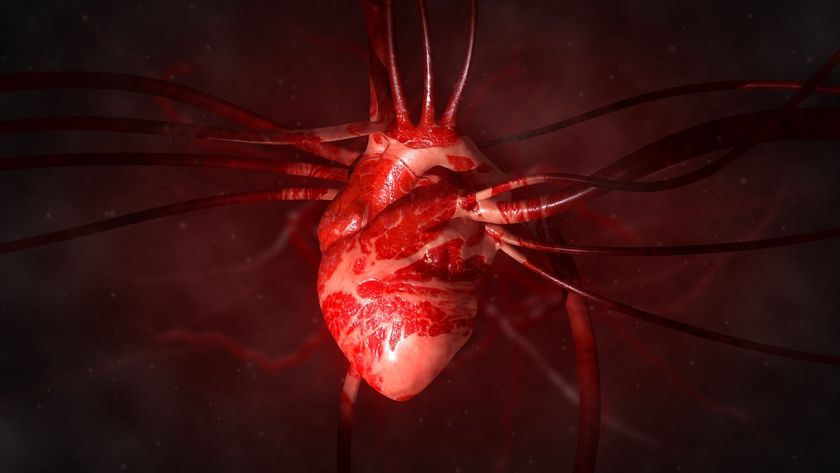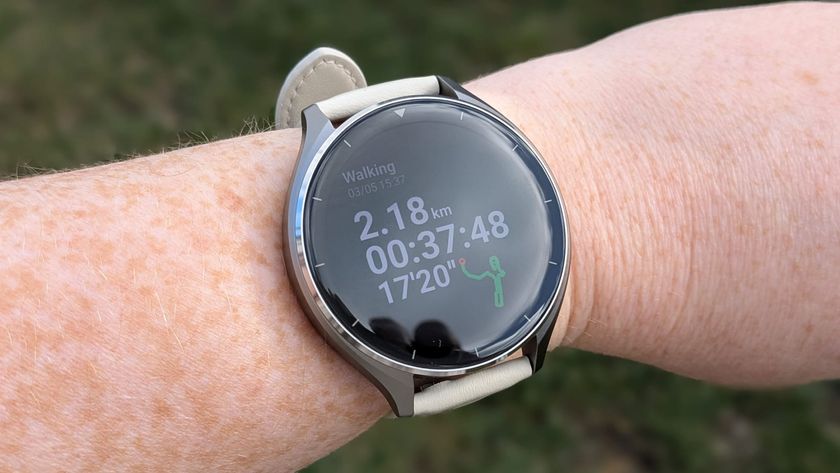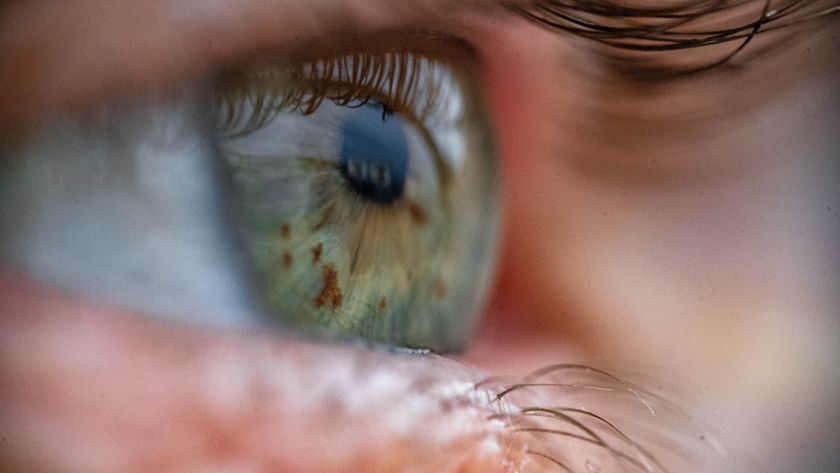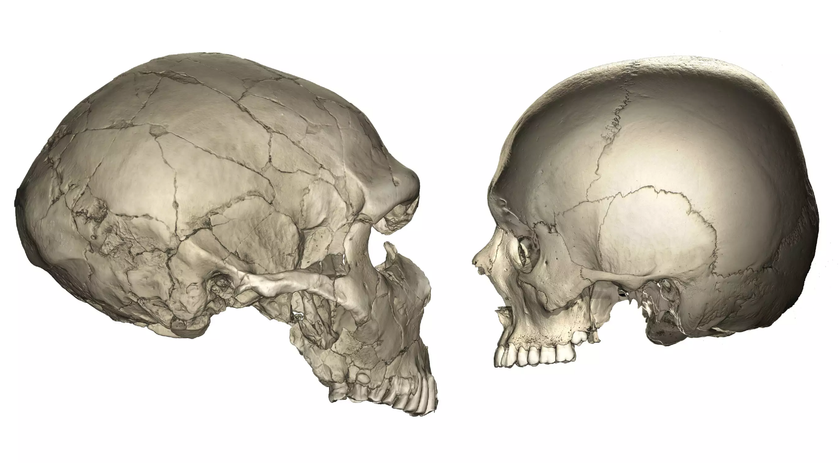Erectile Dysfunction Predicts Heart Disease
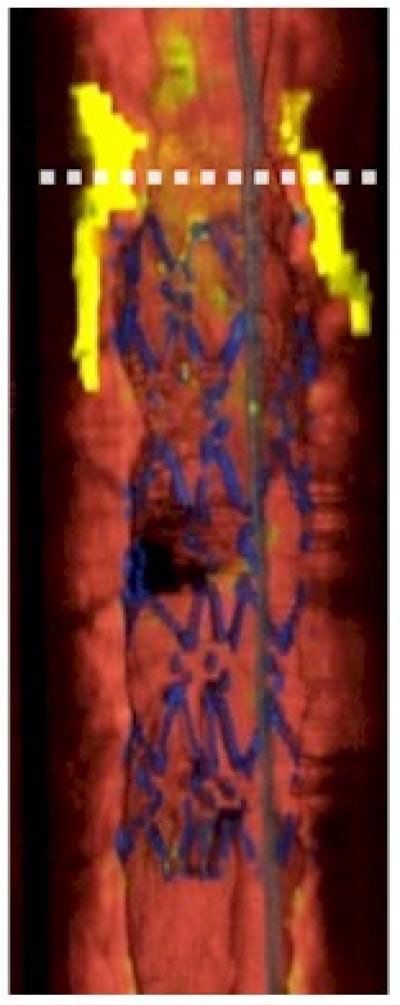
Erectile dysfunction makes for lots of snickering, slick drug commercials, and no doubt plenty of frustration in the bedroom. But it can also serve as a window to serious disease.
Men with erectile dysfunction (ED) are 80 percent more likely to develop heart disease compared to men who do not have ED, a new Mayo Clinic study finds. Men ages 40 to 49 with ED are twice as likely to get heart disease.
The results, published in this month's issue of the journal Mayo Clinic Proceedings, suggest that younger men and their doctors may need to consider erectile dysfunction a harbinger of future risk of coronary heart disease, said Mayo Clinic researcher Jennifer St. Sauver.
Researchers don't know why the link exists.
Some have theorized that erectile dysfunction and coronary artery disease may be caused by the same underlying problem. A buildup of plaque that can block arteries around the heart may plug the smaller penile arteries first. Another idea is that arteries may lose elasticity over time, affecting the penis first and the heart later.
The study followed 1,402 men age 40 and up who lived in Olmsted County, Minn., for a 10-year period starting in 1996. None had heart disease at the start of the study.
Erectile dysfunction increases with age. The prevalence of ED at the start of the study:
Sign up for the Live Science daily newsletter now
Get the world’s most fascinating discoveries delivered straight to your inbox.
- Age 40-49: 2.4 percent.
- Age 50-59: 5.6 percent.
- Age 60-69: 17 percent.
- Age 70 and up: 38.8 percent.
In men in their 50s, 60s and 70s, the total incidence of new cases of heart disease also was higher in those with erectile dysfunction. However, the differences were not as striking as those seen among the 40- to 49-year- olds.
"In older men, erectile dysfunction may be of less prognostic importance for development of future heart disease," St. Sauver said.
Two previous studies, in 2005, reached similar but preliminary conclusions.
The new findings, rooted in data, "raise the possibility of a 'window of curability,' in which progression of cardiac disease might be slowed or halted by medical intervention," Dr. Martin Miner of the Men's Health Center at Miriam Hospital in Providence, R.I., writes in an editorial in the Proceedings.
- Natural Viagra: Spider Bite Causes Erection
- Top 10 Amazing Facts About Your Heart
- Sex News and Information


